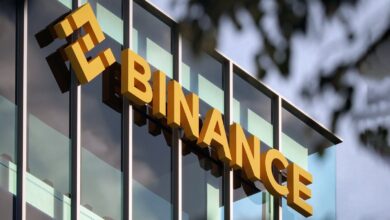Apifiny Unveils New Global Best Bid and Offer Standard

Apifiny, the San Francisco-based global trading network that connects cryptocurrency exchanges around the world, announced its public launch and debuted GBBOTM (Global Best Bid and Offer) across its always-on, unified global market.
Apifiny, the San Francisco-based global trading network that connects cryptocurrency exchanges around the world, announced its public launch and debuted GBBOTM (Global Best Bid and Offer) across its always-on, unified global market.
Apifiny’s GBBO delivers the best attainable pricing for every asset, utilizing a smart order router and matching engine to scan deep global liquidity pools across its vast network of partner node exchanges. This powerful capability is coupled with high-speed, cross-currency conversion against multiple fiats, dramatically increasing the number of available trading pairs with no additional foreign transaction fees – all from a single account.
“Apifiny is rooted in the belief that trading should be transparent, neutral, and give everyone the best opportunity to succeed,” said David Weild, Co-Chairman of Apifiny, Former Vice Chairman of Nasdaq and father of the JOBS Act. “Best Bid and Offer is required for traditional markets to ensure market-wide, fair and equal pricing for traders and it’s time for nontraditional markets to step up and embrace comparable standards.”
Apifiny was founded by established Wall Street veterans and non-traditional finance alumnae and is led by an elite team that previously worked with Nasdaq, Morgan Stanley, and other top institutions. The organization’s mission is to evolve the current trading paradigm with next-generation solutions that offer a better, more transparent and cost-effective method for digital asset trading transactions.
“Apifiny’s network empowers any exchange to compete on a global scale, no matter the size,” said Haohan Xu, Founder, Co-Chairman and CEO of Apifiny. “Our infrastructure gives exchanges access to a global order book and deeper liquidity by connecting to a vast network of exchanges. In turn, this means more competitive prices for traders.”





